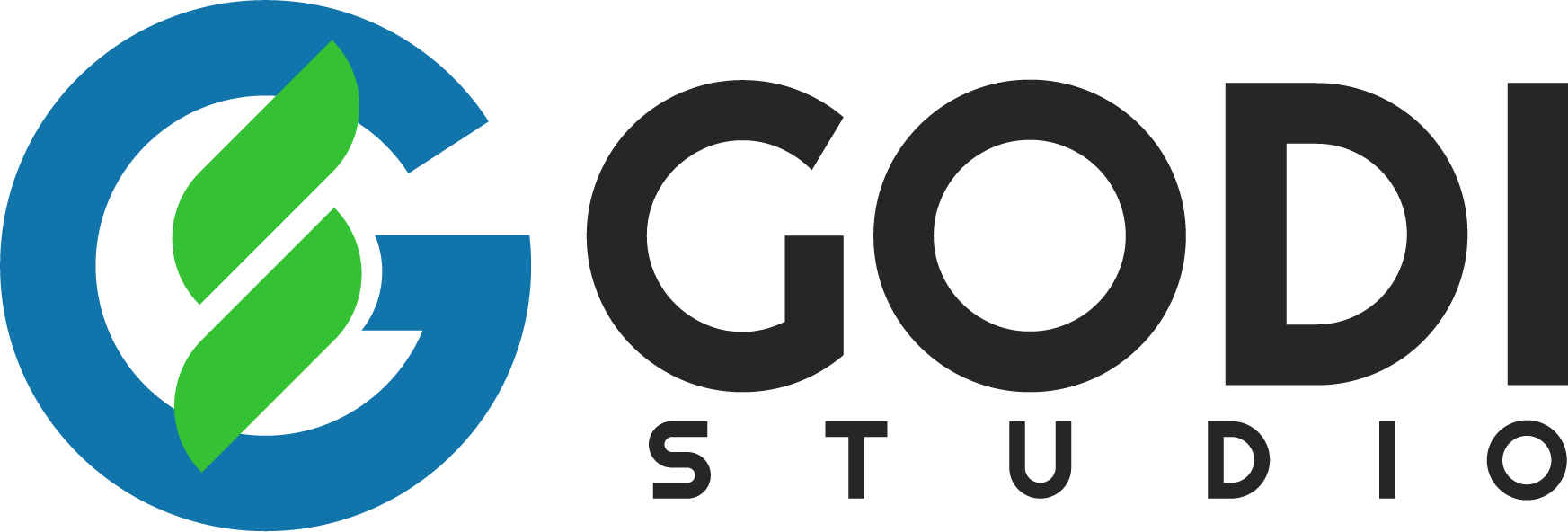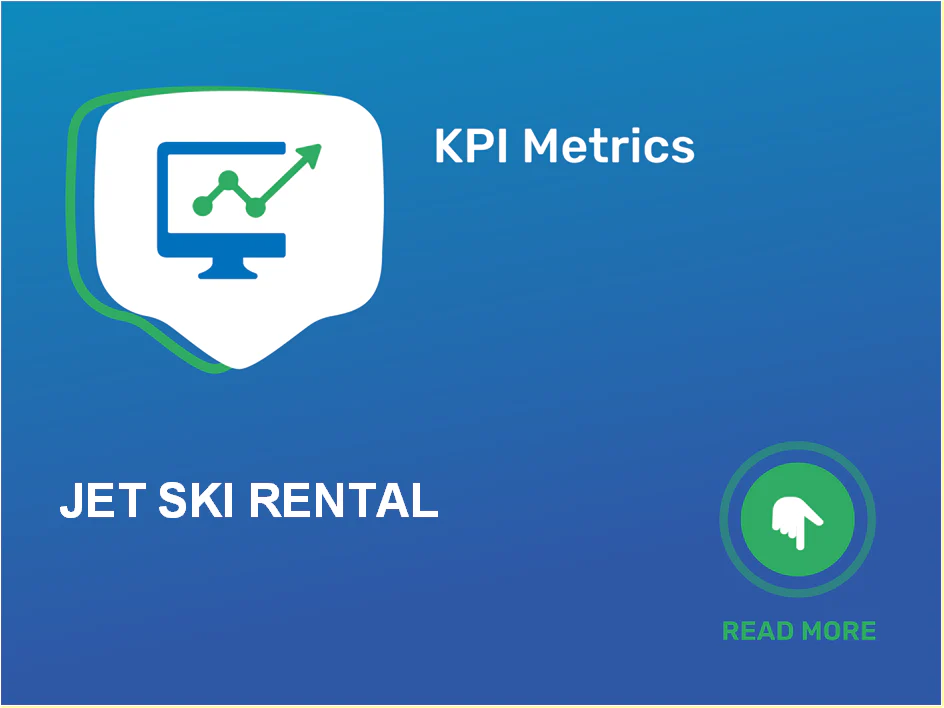Tracking key metrics is essential to success for Jet Ski rental websites in 2024. By keeping an eye on these metrics, you can improve user experience, optimize website design, and drive business growth. Here’s a breakdown of the most crucial metrics to monitor.
Website Traffic Metrics
Total Visits and Unique Visitors
Total visits help gauge the overall popularity of your website. By tracking unique visitors, you can better understand how many individual users are engaging with your site. Click here High traffic levels typically indicate good visibility and increased potential for bookings. By analyzing these metrics, you can spot growth trends and make adjustments as needed.
Sources of Traffic
Knowing where your traffic comes from is crucial to understanding how your marketing efforts are performing. Tracking sources—whether it’s organic search, paid ads, or referrals—allows you to fine-tune your strategies. Identifying high-performing channels helps you maximize your reach, targeting the most effective sources for generating conversions and bookings.
User Engagement Metrics
Bounce Rate and Time on Site
The bounce rate tracks how many visitors leave your site after only viewing one page. A high bounce rate could mean your content or website layout isn't engaging or user-friendly. Conversely, tracking time on site shows how long visitors stay, which can indicate interest and engagement. Lower bounce rates and higher time on site are signs of a compelling user experience.
Pages per Session and User Flow
Pages per session tell you how many pages a user views before leaving your site. A higher number means your visitors find your content compelling enough to explore more. User flow analysis helps you visualize how visitors move through your site, showing which pages they interact with most and highlighting areas that may need improvement.
Conversion Metrics
Conversion Rate for Bookings
The conversion rate is the percentage of visitors who complete a booking. A higher conversion rate suggests that your website is successful at converting visitors into customers. Click here If the conversion rate is low, it may indicate issues with the booking process, such as complicated steps or unclear instructions, that need to be addressed.
Goal Completions and Funnel Analysis
Tracking goal completions, such as form submissions or inquiries, helps measure user engagement. Funnel analysis gives insight into where visitors drop off during the booking process, allowing you to identify and fix any barriers to conversion. Optimizing the funnel helps ensure users can easily navigate from interest to booking completion.
Customer Acquisition Costs
Tracking Expenses for Customer Acquisition
Customer acquisition costs (CAC) measure how much you spend to acquire each new customer. This includes all costs related to advertising, promotions, and referral programs. Lowering acquisition costs while maintaining high-quality leads is key to improving your profitability. By keeping CAC in check, you ensure more cost-effective marketing strategies.
Analyzing Return on Investment (ROI)
ROI is a vital metric to evaluate the effectiveness of your marketing campaigns. By comparing the cost of acquiring customers with the revenue generated from their bookings, you can assess your campaigns' profitability. If the ROI is low, it may be time to adjust your marketing budget or explore more efficient strategies to maximize returns.
Customer Retention Metrics
Repeat Booking Rates
Repeat booking rates show how often customers return to rent again. High repeat booking rates are a good indicator that your service is satisfying customers and building loyalty. Click here This metric is important because retaining existing customers is often more cost-effective than acquiring new ones. Loyal customers can also help increase word-of-mouth referrals, further boosting your business.
Customer Satisfaction and Feedback
Customer feedback, gathered through reviews and surveys, provides valuable insights into their experience with your rental service. Regularly monitoring satisfaction levels helps identify areas of improvement, while high satisfaction rates typically lead to more repeat bookings and positive referrals. Addressing any negative feedback swiftly ensures that customers feel valued and heard.
SEO Performance Metrics
Keyword Rankings and Organic Traffic Growth
Monitoring keyword rankings helps you gauge the effectiveness of your SEO strategy. By targeting relevant keywords, you can improve your website's visibility in search engine results. Increased organic traffic often translates to more potential customers visiting your website. Regularly tracking rankings and traffic growth ensures that your SEO efforts continue to pay off.
Backlink Profile and Domain Authority
Your website’s backlink profile plays a significant role in determining its search engine ranking. Click here A strong backlink profile, consisting of high-quality external links, improves your site’s credibility and SEO performance. Domain authority is another crucial metric that reflects your site’s potential to rank higher in search engines. Improving both will help drive more organic traffic and increase visibility.


